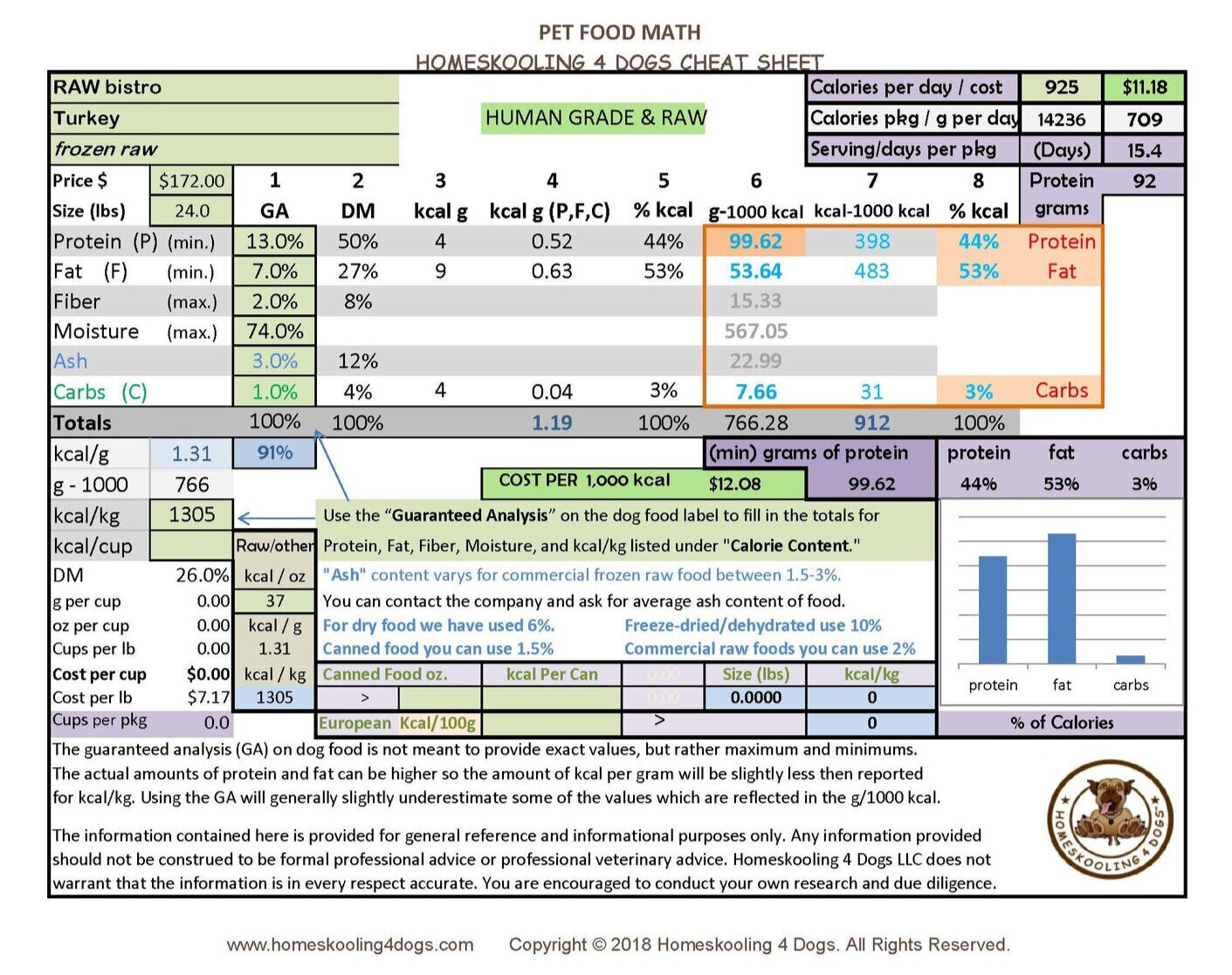Heart Disease & Murmurs
Two Breeds Added to Heart Disease Risk List
If your dog has just been diagnosed with a heart murmur, or there is a hint there may be a murmur Dr. Becker offers advise in the first video (left). For heart murmurs jump to 32-minutes in the video. (36 min - murmur grades) If you have limited time to watch jump to 42 min (watch until 53min), and pay close attention at 45min. (go back later and start at 32 min)
Dr. Becker recommends higher amounts Ubiquinol (not ubiquinone), and a 0.5 - 1 Keto diet. (video 49:02 for diet).
Supplements
Omega 3’s
“Cummings School recommends using dietary supplements that bear the logo of the United States Pharmacopeia Dietary Supplement Verification Program (DSVP), which tests human dietary supplements for ingredients, concentrations, dissolvability and contaminants. Another good resource is ConsumerLab.com, which performs independent testing of dietary supplements primarily for human supplements but also for pet products as well.” Cummings School of Veterinary Medicine
Omega-3 Fatty Acids (Fish Oil)
“Certain types of fatty acids present in fish oil (called omega-3 fatty acids) have been shown have a positive effect in dogs with heart disease. In pets with heart disease, fish oil is recommended for dogs and cats who have reduced or altered appetite or any muscle loss (cachexia).” “Omega-3 supplements can also be used (in addition to appropriate medication) in the treatment of dogs with abnormal heart rhythms (arrhythmias).” “Cummings School generally recommends a one gram fish oil capsule that contains 180mg of eicosapentaenoic acid (EPA) and 120mg of docosahexaenoic acid (DHA). The quality control of the individual product should be checked to ensure your pet is getting the right amount and is not getting unwanted nutrients or contaminants.” Cummings School of Veterinary Medicine
“With capsules of this size most dogs and cats can be given one capsule per 10 pounds of body weight. Fish oil is relatively safe but if your pet has a bleeding disorder or is already eating a diet high in omega-3 fatty acids, supplementation should be carefully considered with your veterinarian. Fish oil supplements should contain vitamin E as an antioxidant, but other nutrients should not be included. Cod liver oil and flax seed oil should not be used as sources of omega-3 fatty acids in dogs and cats.” Cummings School of Veterinary Medicine
Ubiquinol
“If your pet tests positive for heart disease biomarkers I recommend 10mg of ubiquinol per pound of body weight once daily and if your dog has symptoms, provide it twice daily. I also recommend additional marine sources of omega-3 fatty acids (krill oil), especially if you have a dog that may be predisposed to cardiovascular disease. Supplying your pet with extra CoQ10 (the reduced form) can insure he has the quantity his body needs to maintain a healthy heart muscle.” https://healthypets.mercola.com/sites/healthypets/archive/2018/01/24/dobermans-boxers-predisposed-to-heart-disease.aspx
Avoid products containing polysorbate 80. Polysorbate 80 can cause severe hypersensitive reactions in dogs.
Benefits of CoQ10 for Heart Disease
by Judy Morgan January 13, 2019
“100 mg twice daily for dogs under 13 pounds.”
“(My general feeling would be a recommendation of 8 to 10 mg per pound of body weight twice daily for larger breeds prone to heart disease.)”
Diet
Dr. Karen Becker recommends a 0.5 - 1 Keto diet. (video above at 49:02 for diet). To evaluate foods on grams and calorie breakdowns get a copy of the Pet Food Math Cheat Sheet here.
Find information on any (almost) topic or for specific products.
start your search here: “Search”
e.g. ants, behavior problems, collars, dog food, fleas, harnesses, health, housetraining, marking, medical, separation anxiety, socialization, ticks, toys, vaccinations, whistles, yellow spots on lawn, etc.. (You get the idea)





